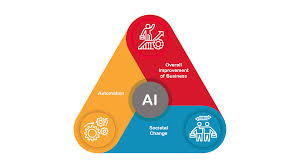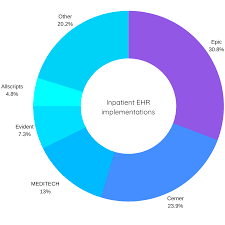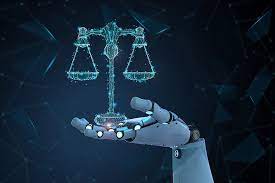How to Achieve AI Democratization
AI democratization empowers non-experts by placing AI tools in the hands of everyday users, enabling them to harness the technology’s potential without requiring specialized technical skills. Today, IT leaders are increasingly focused on expanding AI’s benefits across the enterprise. The growing number of AI-based tools is making this more achievable. In some respects, democratization extends the concept of low- and no-code development—allowing non-developers to create software—into the realm of AI. However, it’s also about ensuring data is accessible and fostering data literacy throughout the organization. This doesn’t mean every employee needs to write machine learning scripts. Instead, it means business professionals should understand AI’s potential, identify relevant use cases, and apply insights to drive business outcomes. Achieving AI democratization is feasible, thanks to decentralized governance models and the emergence of AI-focused services. However, as with any new technology, democratization brings both benefits and challenges. How to Achieve AI Democratization AI is no longer reserved for experts. Tools like Google Colab and Microsoft’s Azure OpenAI Service have simplified AI development, enabling more employees to participate by writing and sharing code for various projects. To maximize the impact, enterprises must train business users on the basics of AI and how it can enhance their daily work. According to Arpit Mehra, Practice Director at Everest Group, decentralized governance models can help organizations build strategies for data and technology learning. Key strategies include: Arun Chandrasekaran, VP and Analyst at Gartner, also advises companies to focus on intelligent applications in areas such as customer engagement and talent acquisition, which can provide specialized training. Benefits and Challenges of AI Democratization AI democratization can significantly expand an organization’s capabilities. By placing AI in the hands of more employees, businesses reduce barriers to adoption, cut costs, and create highly accurate AI models. “Making AI more accessible broadens the scope of what businesses can achieve,” said Michael Shehab, PwC U.S. Technology and Innovation Leader. AI democratization also helps companies address IT talent shortages by upskilling employees and enabling them to integrate AI into their workflows. This approach improves productivity, allowing businesses to more easily spot trends and patterns within large data sets. However, challenges also arise. If AI is implemented without proper oversight, the technology is susceptible to bias. Poor training could lead to decision-making based on inaccurate or skewed data. Business leaders must ensure they understand who is using AI tools and establish standards for responsible use. Without careful testing, AI applications can automate mistakes that go unnoticed but may cause significant issues. Ed Murphy, SVP and Head of Data Science at 1010data, emphasizes the importance of testing to prevent these errors. To mitigate risks, organizations should invest in upskilling and reskilling employees. A well-defined training plan will enable nontechnical teams to participate in AI adoption and deployment effectively. Mehra from Everest Group also suggests exploring MLOps technologies to simplify AI development and streamline processes. Ultimately, AI democratization will benefit businesses that recognize AI’s potential beyond a small group of experts. While the benefits are clear, organizations must remain vigilant about the risks to ensure successful AI integration and reap the rewards of their efforts. Like1 Related Posts Salesforce OEM AppExchange Expanding its reach beyond CRM, Salesforce.com has launched a new service called AppExchange OEM Edition, aimed at non-CRM service providers. Read more The Salesforce Story In Marc Benioff’s own words How did salesforce.com grow from a start up in a rented apartment into the world’s Read more Salesforce Jigsaw Salesforce.com, a prominent figure in cloud computing, has finalized a deal to acquire Jigsaw, a wiki-style business contact database, for Read more Service Cloud with AI-Driven Intelligence Salesforce Enhances Service Cloud with AI-Driven Intelligence Engine Data science and analytics are rapidly becoming standard features in enterprise applications, Read more








